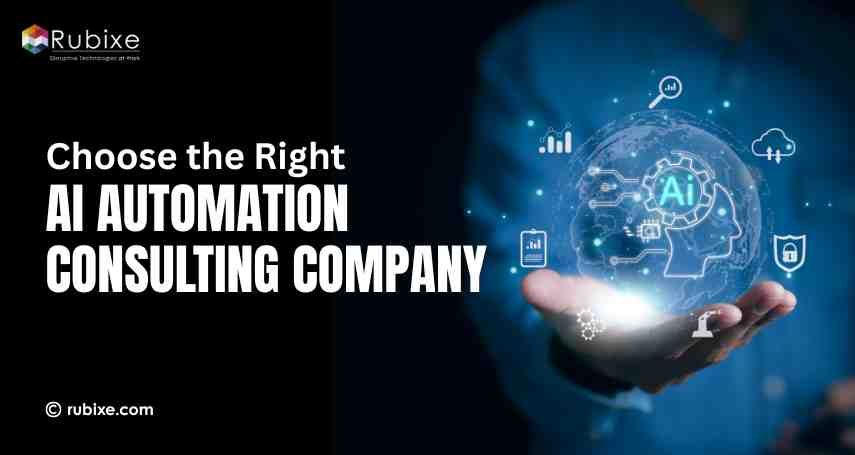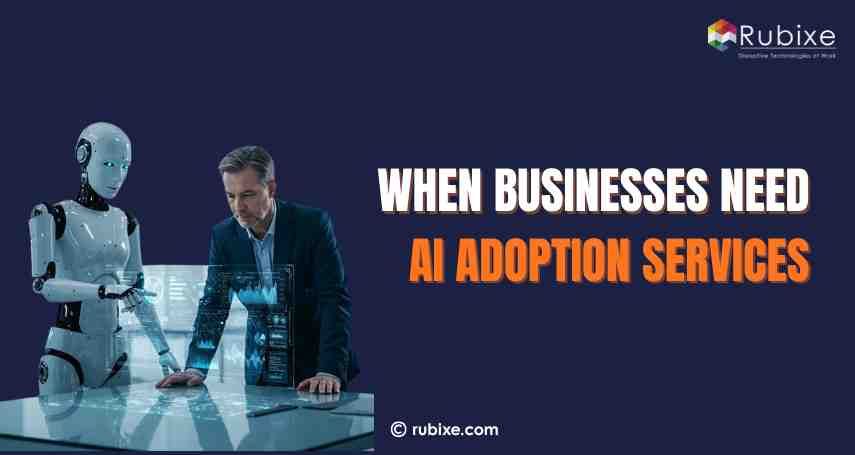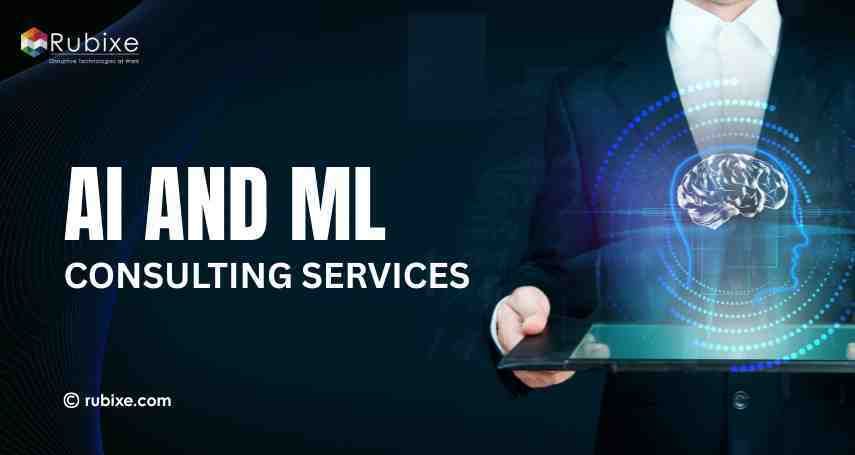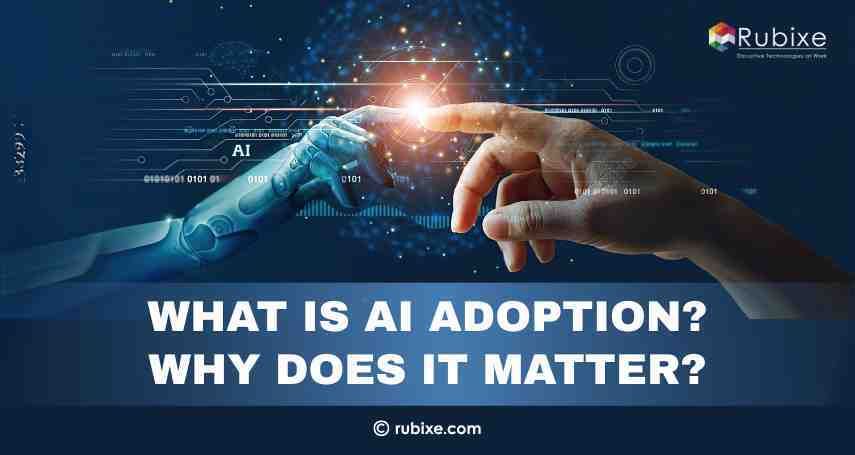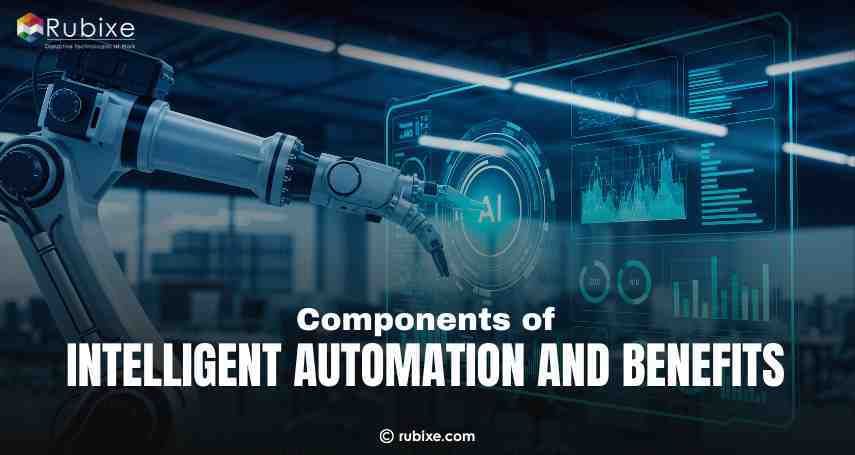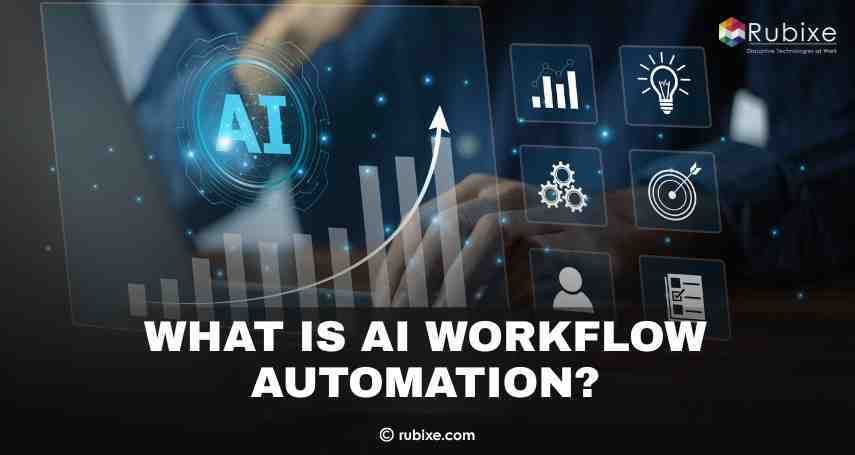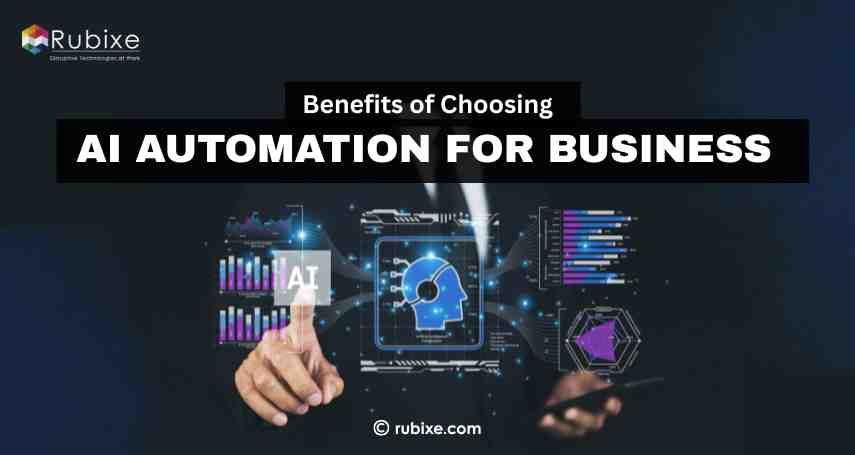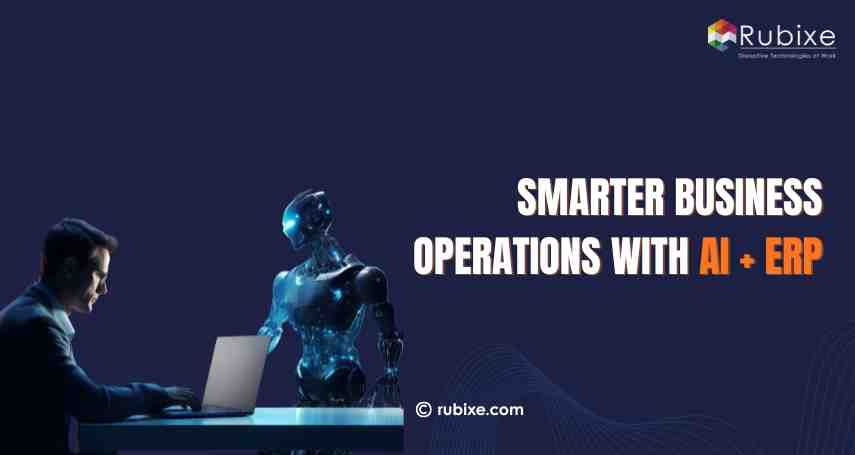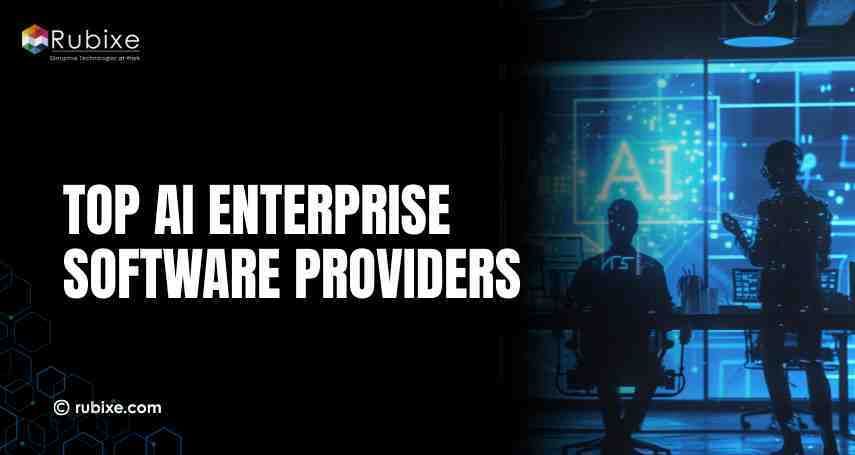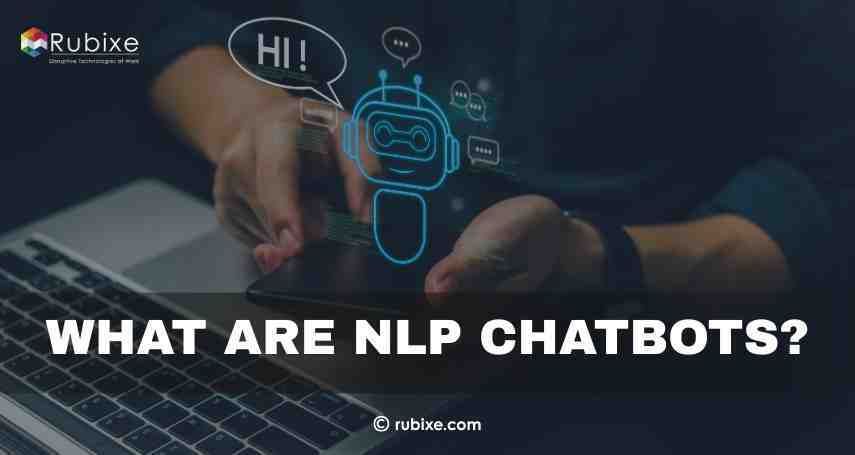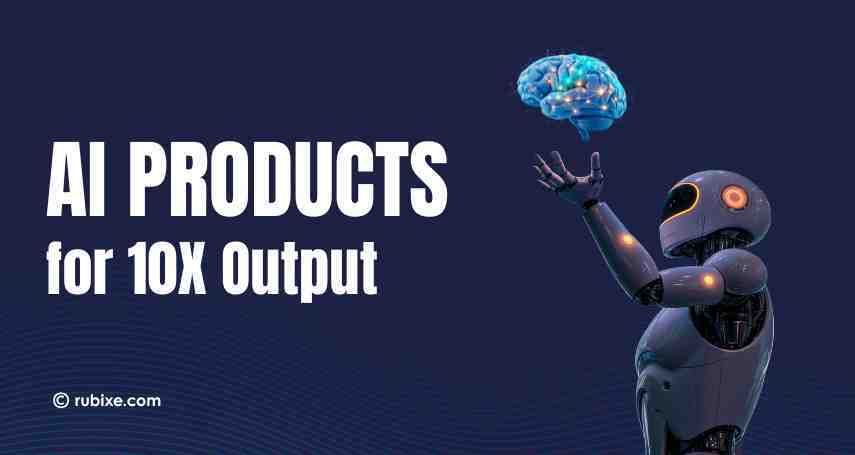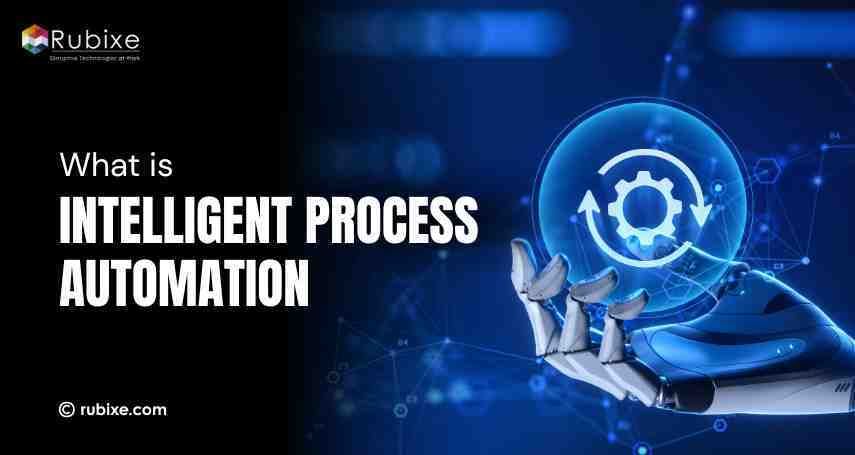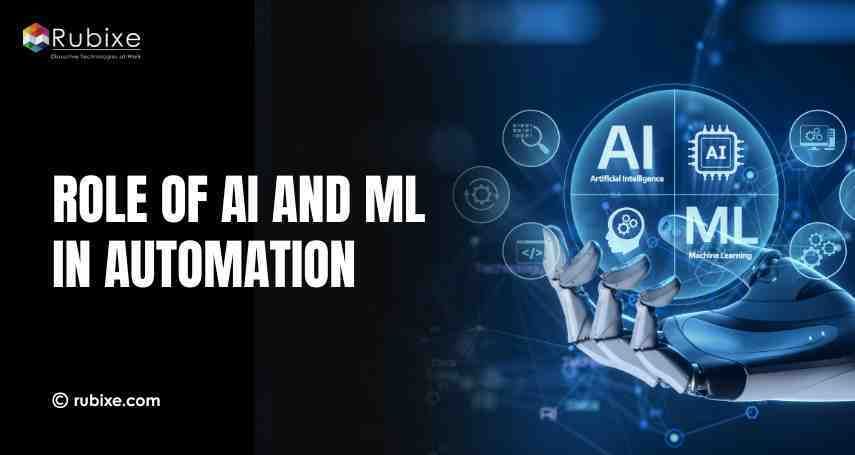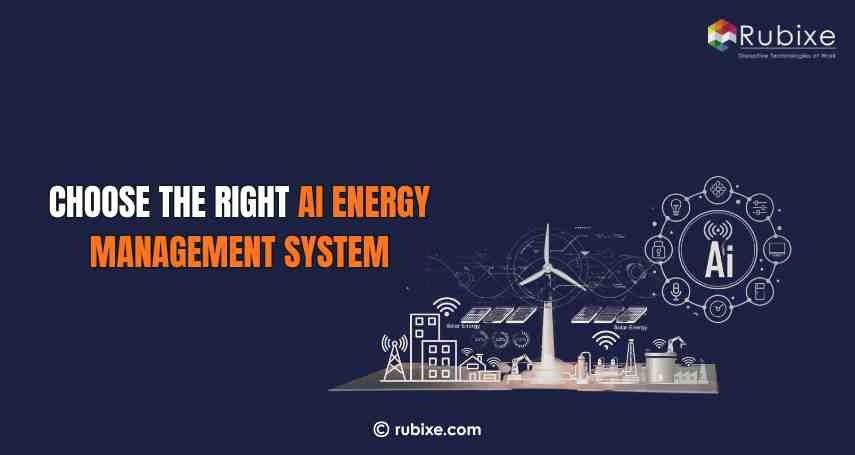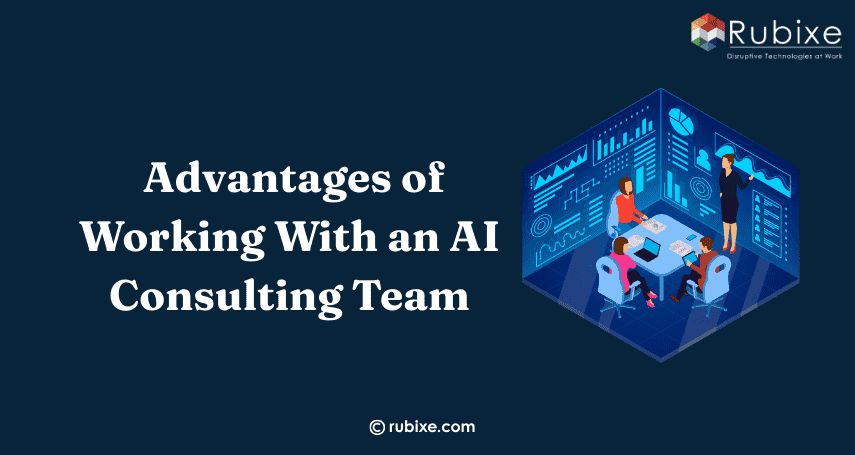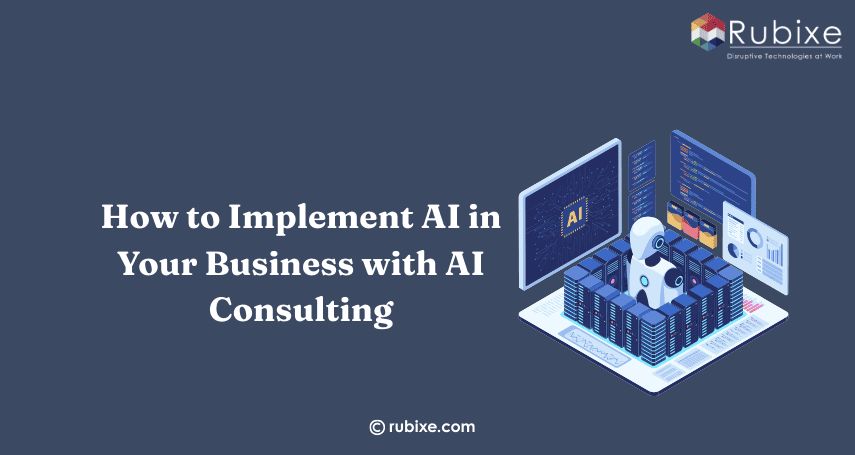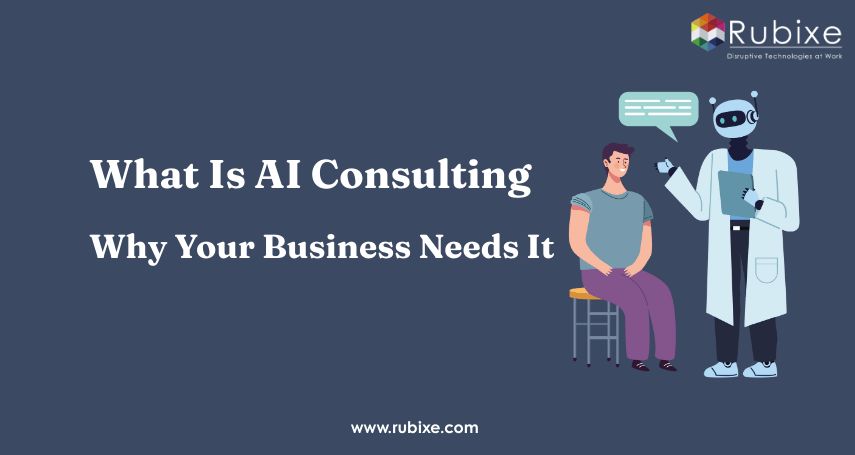Common AI Consulting Solutions for Current Businesses
Common AI consulting solutions that help current businesses improve efficiency, automate tasks, enhance decision-making, and gain a competitive advantage
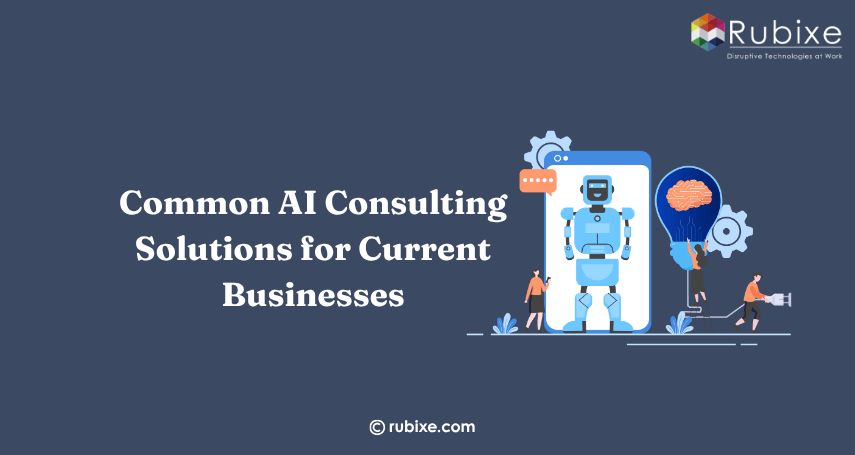
Over the past few years, I’ve had the opportunity to work closely with businesses exploring ways to implement artificial intelligence. One thing I’ve learned: AI isn’t just hype—when applied correctly, it delivers real, measurable value.
As someone involved in AI consulting, I often get asked, “What are the actual solutions businesses are using right now?” That’s a fair question, and in this post, I’ll walk you through some of the most common, high-impact AI services I help clients implement. These range from simple automation fixes to full-scale strategic deployments.
Automating Processes with AI and RPA
Artificial Intelligence (AI) and Robotic Process Automation (RPA) are transforming how businesses handle repetitive tasks. By combining AI’s decision-making ability with RPA’s efficiency in executing rule-based actions, companies can improve accuracy, reduce costs, and free up teams to focus on strategic work.
Key ways AI and RPA automate processes:
-
Invoice and billing automation: Automatically processes invoices, matches payments, and reduces accounting errors.
-
Data entry and migration: Extracts, validates, and transfers data between systems without manual input.
-
Customer service workflows: Handles routine queries, ticket sorting, and escalations using bots and AI agents.
-
Employee onboarding: Streamlines document collection, account setup, and training schedules.
-
Order and inventory processing: Speeds up order confirmations, stock updates, and supplier communication.
-
Compliance reporting: Collects data from multiple systems and generates reports for audits and regulations.
Using Predictive Analytics to Make Smarter Decisions
Predictive analytics helps businesses anticipate trends, behaviors, and potential outcomes by analyzing historical and real-time data. With support from AI consulting, companies can implement the right models and tools to improve forecasting, reduce risk, and make faster, more confident decisions.
How AI consulting supports predictive analytics:
-
Forecasting customer demand: Predicts purchasing patterns and helps optimize inventory and supply planning.
-
Churn prediction: Identifies customers likely to leave and suggests retention strategies.
-
Sales forecasting: Estimates future revenue based on past sales trends and market shifts.
-
Risk assessment: Flags potential operational or financial risks early, aiding in prevention.
-
Marketing performance: Analyzes campaign data to predict what messaging or channels will perform best.
-
Maintenance scheduling: Forecasts equipment failure to plan repairs before breakdowns occur.
With guidance from an AI consulting partner, predictive analytics becomes a practical tool for smarter, data-driven business planning.
Deploying AI Chatbots and NLP Solutions
AI chatbots and Natural Language Processing (NLP) tools are transforming how businesses interact with customers and manage internal communication. With help from AI consulting, companies can implement these technologies effectively to boost customer satisfaction and streamline operations.
How AI consulting helps with chatbot and NLP deployment:
-
24/7 customer support: AI chatbots handle common queries instantly, reducing wait times and improving service.
-
Lead generation: Bots engage website visitors and qualify leads through intelligent conversation flows.
-
Sentiment analysis: NLP tools analyze customer feedback to understand satisfaction and pain points.
-
Internal communication: AI assistants help employees retrieve information or complete tasks quickly.
-
Multilingual support: NLP enables communication across languages without needing separate support teams.
-
Content summarization: Automates condensing long documents or emails for quicker understanding.
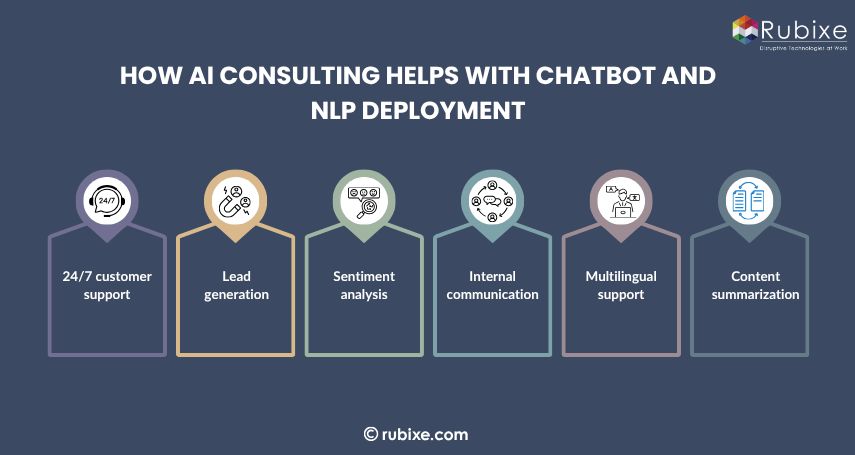
AI in Sales and Marketing Automation
Artificial intelligence is transforming how businesses attract, engage, and retain customers. By combining AI services and AI automation, companies can streamline their sales and marketing operations, make smarter decisions, and deliver highly personalized customer experiences. With the help of AI consulting, businesses can effectively integrate these technologies to align with their strategic goals.
Key ways AI services and automation enhance sales and marketing:
-
Automated lead scoring: AI analyzes user behavior and engagement to rank leads by conversion potential.
-
Personalized customer journeys: AI automation delivers tailored messages, offers, and content based on customer profiles.
-
Predictive sales forecasting: Machine learning models forecast future sales performance using historical and real-time data.
-
Email and campaign automation: AI tools determine optimal timing and messaging for email marketing and ad campaigns.
-
Smart chatbots and virtual assistants: AI services enable bots to handle inquiries, qualify leads, and support customers 24/7.
-
Customer segmentation: AI clusters customers into meaningful segments for better targeting and messaging.
-
Performance analytics: AI-driven insights help track marketing performance and suggest real-time adjustments.
Leveraging Computer Vision for Operational Efficiency
Computer vision, a powerful branch of artificial intelligence, enables machines to interpret and act on visual data. When applied strategically, it helps businesses streamline operations, improve accuracy, and reduce manual workload. With the support of AI consulting, companies can integrate computer vision into their processes for greater efficiency and smarter decision-making.
Key ways computer vision boosts operational performance:
-
Quality inspection: Automatically detects defects in manufacturing lines, reducing human error and improving product consistency.
-
Inventory tracking: Uses image recognition to monitor stock levels and identify misplaced or missing items in real time.
-
Workplace safety: Analyzes surveillance footage to identify safety hazards or compliance violations before incidents occur.
-
Facial recognition: Enhances security and access control across offices, warehouses, and sensitive facilities.
-
Logistics optimization: Tracks movement of goods and equipment in warehouses to streamline routing and space usage.
-
Document digitization: Extracts information from physical forms and receipts using optical character recognition (OCR).
-
Retail analytics: Monitors foot traffic and shopper behavior to optimize store layout and product placement.
Creating an AI Strategy That Actually Works
Developing an effective AI strategy is not just about adopting new technology. It involves aligning AI efforts with your business goals, available resources, and long-term vision. A well-structured strategy helps avoid wasted investments and ensures measurable outcomes. With thoughtful planning and the guidance of experienced AI consulting providers, businesses can implement AI solutions that drive real value.
Core elements of a practical AI strategy:
-
Understand your business needs: Identify specific challenges or goals that AI can help solve, such as improving efficiency or enhancing customer experience.
-
Assess data readiness: Ensure you have access to high-quality, structured data that can support AI applications.
-
Select the right AI tools: Choose solutions that meet your technical needs and can grow with your organization.
-
Craft a clear roadmap: Plan phased implementation, with clear timelines and goals for each stage.
-
Build cross-functional support: Get alignment from key departments, including IT, operations, and leadership.
-
Measure outcomes: Define metrics to track progress and evaluate the return on your AI investments.
-
Plan for scalability: Develop solutions that can adapt as your business evolves or expands.
Custom Machine Learning and Model Development
Tailored machine learning solutions allow businesses to address unique problems and gain a competitive edge. Unlike off-the-shelf models, custom development focuses on creating algorithms that align with specific operational requirements, industry nuances, or customer behaviors. With expert support from AI consulting partners, companies can unlock smarter automation and deeper insights.
Key advantages of custom machine learning and model development:
-
Solves industry-specific challenges: Models are built around your unique business context, not generic data sets.
-
Enhances accuracy and performance: Tailored algorithms adapt better to your environment, improving predictive capabilities.
-
Supports complex workflows: Custom models integrate seamlessly with your internal systems and processes.
-
Offers greater flexibility: Easily update or retrain models as your data or business goals evolve.
-
Improves competitive advantage: Proprietary models help you stay ahead by addressing needs your competitors may overlook.
-
Enables better data utilization: Custom solutions make full use of your available data, regardless of format or structure.
-
Strengthens long-term ROI: Investments in tailored models often yield higher returns due to better alignment with business outcomes.
Working in AI consulting, I’ve seen firsthand how quickly businesses can evolve with the right solutions in place. Whether your goal is to cut costs, streamline operations, or unlock new opportunities, we’re here to guide you through it with strategy, experience, and real results.
